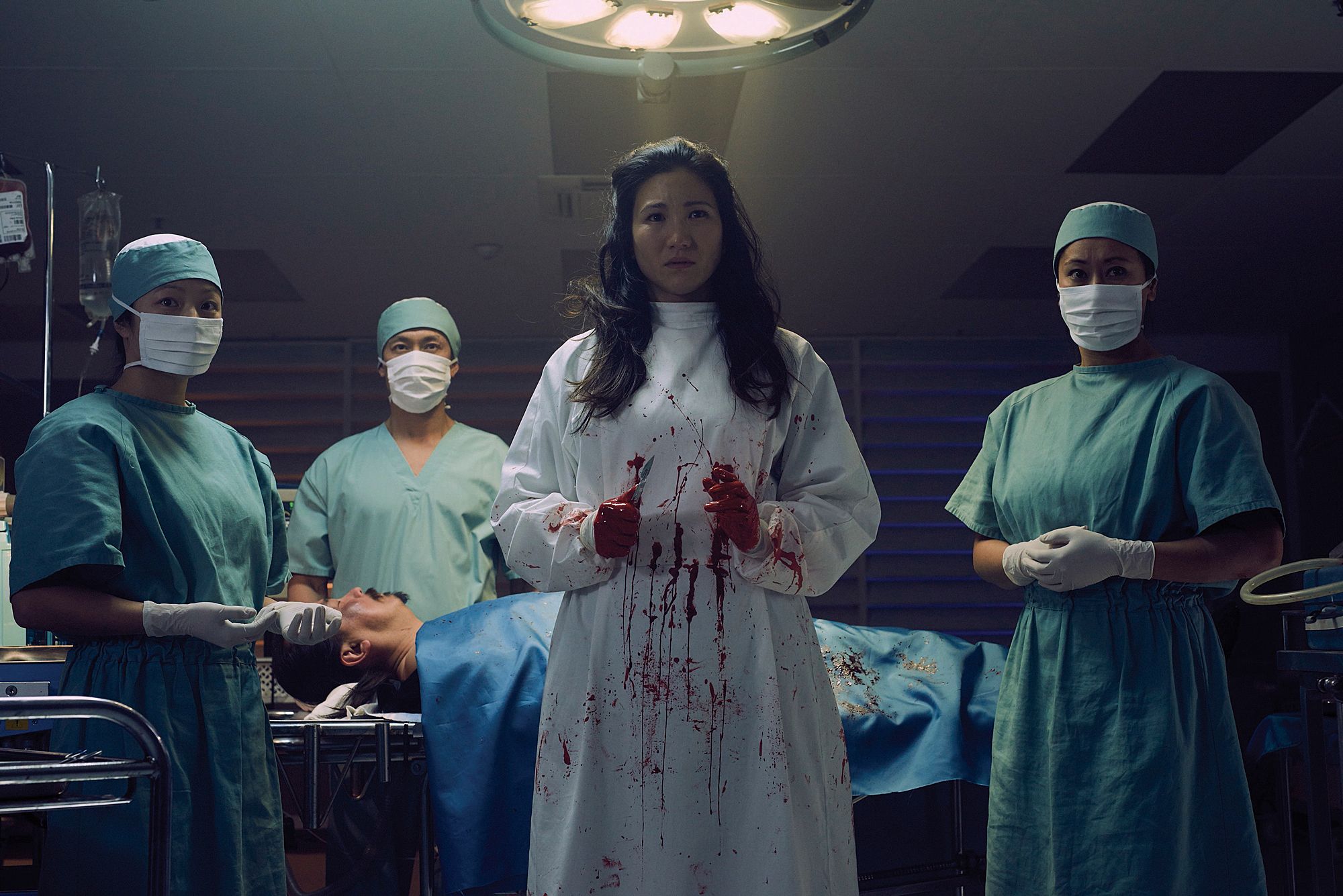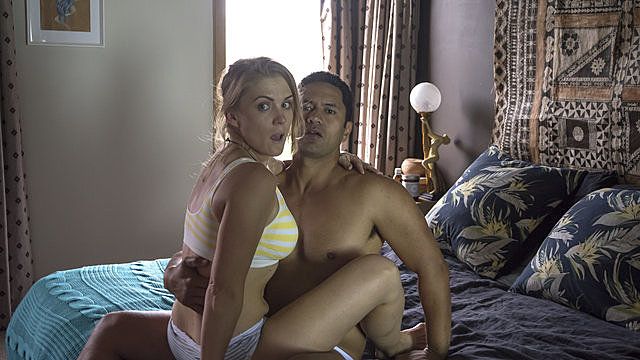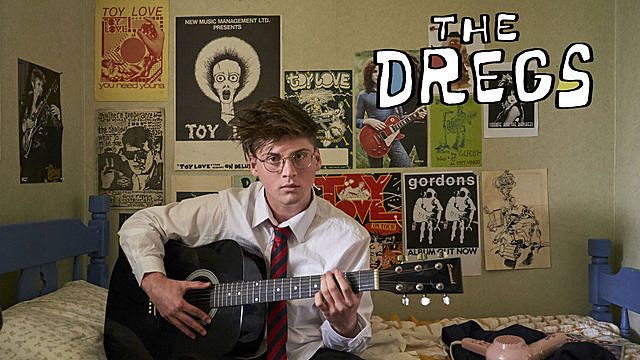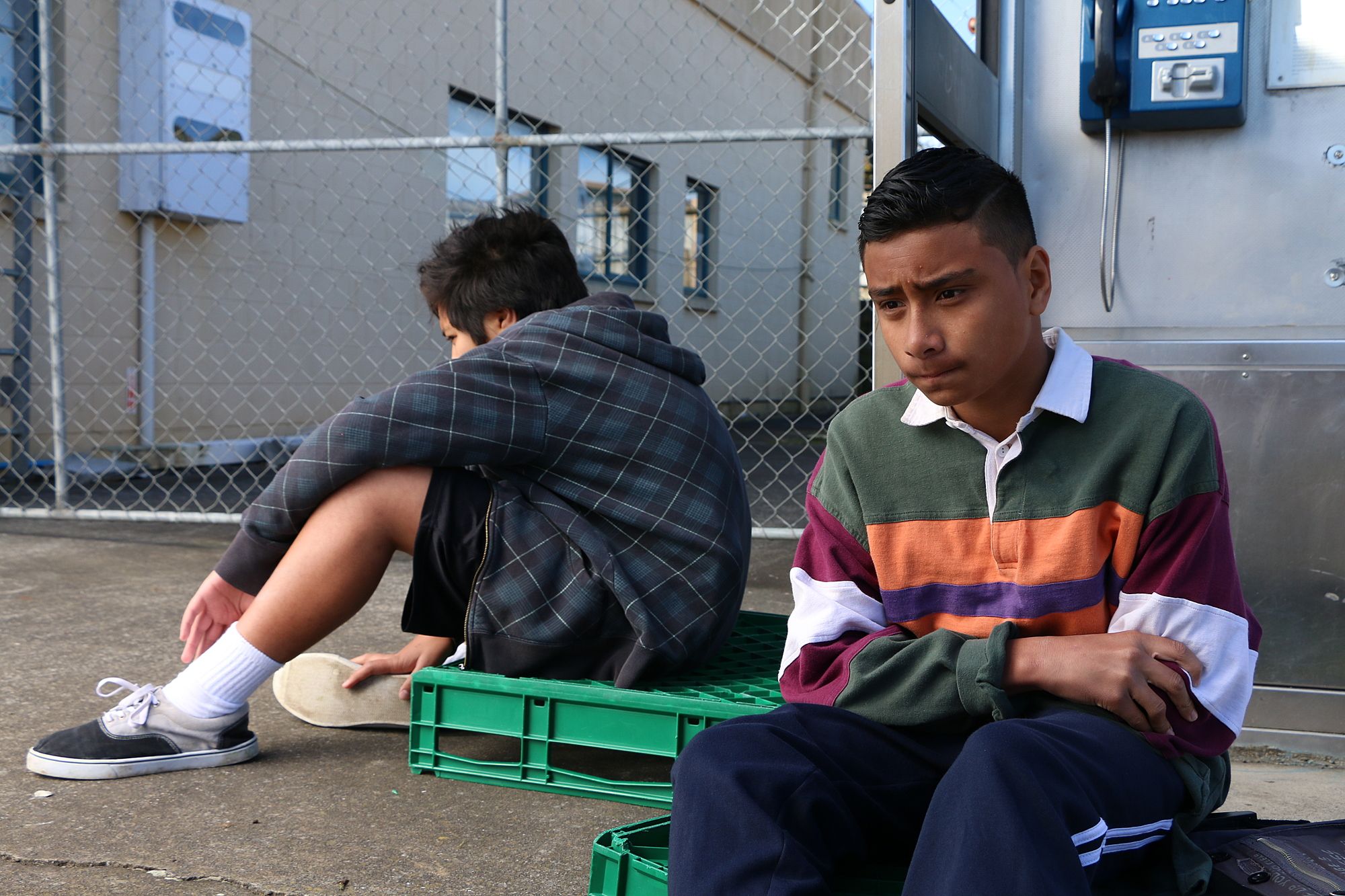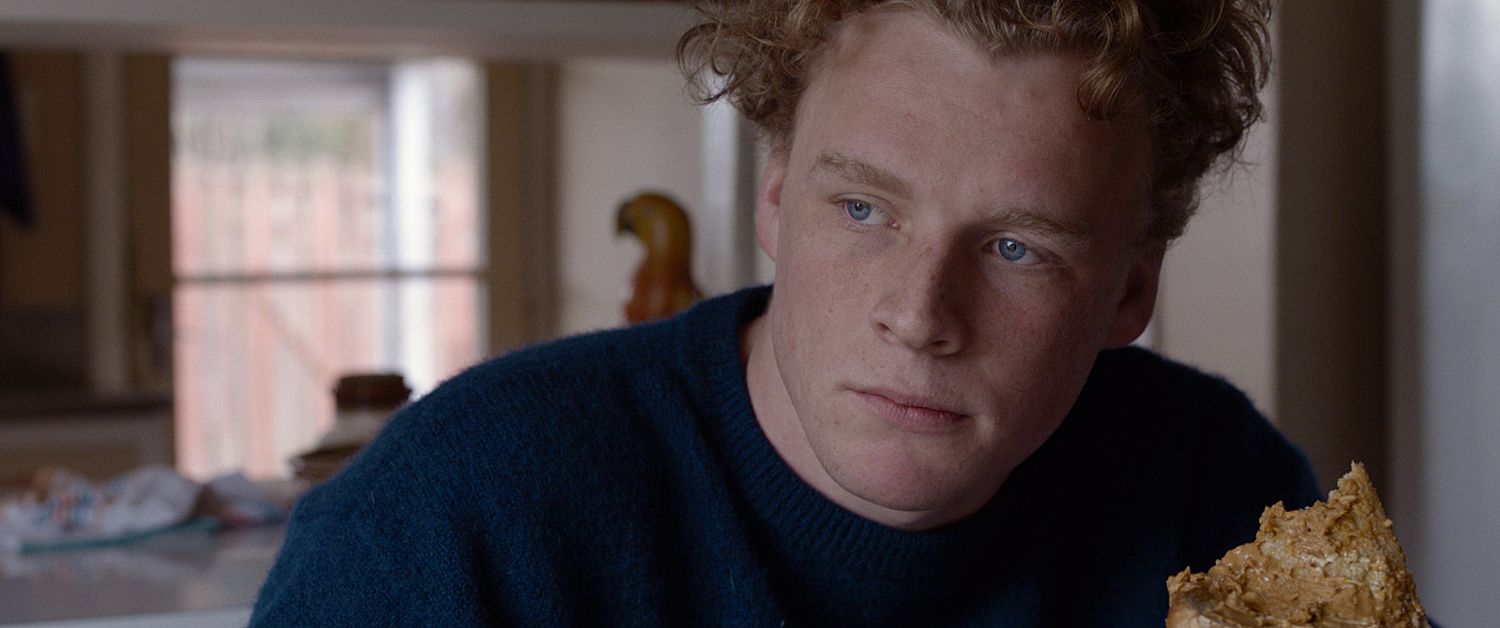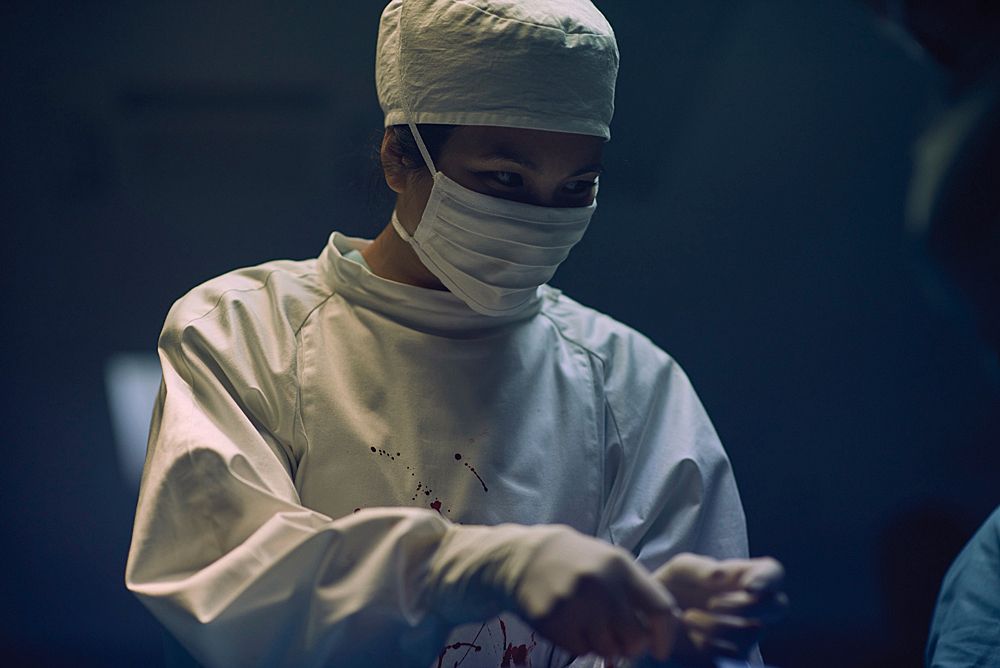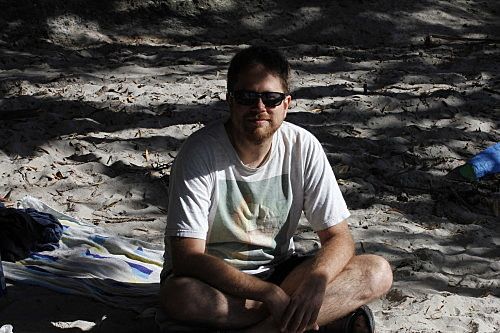Review: New Zealand's Best 2017
The New Zealand International Film Festival's celebration of Aotearoa's best short films leaves Doug Dillaman hoping for more diversity, more ambition, and more weirdness.
Disclaimer: I know various people involved in these films to varying degrees, as well as films that didn’t make the programme, and did audio recording on location one day seven years ago for the footage that became For The Light. We live in New Zealand. It happens.
I’ll admit to having lost touch with the short-film section of the Festival over the last few years, after being besieged by coming-of-age films a few years back. There’s a great book to be written about the development of the short film in New Zealand, and how it went from international point of pride and distinctively showy (1999’s Letters About The Weather screened at Telluride, where I saw it blow away the competition) to a focus on social realism and issue-based dramas, worthy subjects that were overmined with similar treatments (shallow-focus photography, cute kids) but which also produced landmark films like Taika Waititi’s Two Cars, One Night. At the same time, Ant Timpson’s 48HOURS competition grew a generation of filmmakers more interested in entertainment, and it’s notable that many of our current prominent filmmakers –from thedownlowconcept and Gerard Johnstone – and again, Taika Waititi – cut their teeth there.
In 2017, you can see the hodge-podge of all this historical baggage at play. The current (and now outgoing) chief of the Film Commission, Dave Gibson, has been rumoured not to be very interested in short film, and only half of the films presented at New Zealand’s Best were funded by the commission. Roseanne Liang’s Do No Harm, arriving on (incredibly well-deserved) overseas praise, is part of a new Premiere Pathways programme, and while she’s delivered a fully-realised, audience pleasing, kick-ass short (my favourite of this year’s selection), it’s easy to see that it functions equally well as a proof of concept for a feature. Julian Vares’s Thicket, set in the farming town of Rakaia, has more of a classical “taciturn men in the wilderness” feel to it, but also carries a sense of incompleteness, as if it too is a study for a larger project. Becs Arahanga’s Laundry, meanwhile, is a gloriously funny comedy about the difficulties of sexual connection as a parent, and is perhaps the most complete short of the programme, nailing its modest ambition with flair and charm.
Laundry
One of the peculiar things about the film world is that you have practitioners who grow up influenced by films they loved, but by the time they become able to practice themselves, the market has moved on. It’s striking that two of the three self-funded shorts, Amberly Jo Aumua’s Waiting and Matt Campbell’s The Dregs, feel like NZFC shorts in the classical sense. The former student film (written by Samuel Kamu) mines the “poor kids being cute” vein with strong performances but student-film aesthetics, while The Dregs works in a “nerdy kid discovers punk rock” vein, and is a blast for anyone who recognises a Gordons poster, gets goosebumps from ‘Anything Can Happen’, or dug We Are The Best!, even if it doesn’t land its final moment with the sense of completeness one might hope for.
The Dregs
One glaring omission in this programme - as with most years - is the truly avant-garde. Last year featured a shorts programme, Spectral Visions, that covered our more ambitious and less commercial filmmaker’s work. With Steven Chow’s stunning meditation on grief For The Light appearing before Marjorie Prime, I know there’s at least one film that deserved to be on a programme dedicated to the 'best' that didn’t make it, but guest curators and a general antipathy towards the avant-garde mean I expected no less.
Untitled Groping Revenge Fairytale
Given that, the most distinctive cinema whatsit on the programme is Catherine Bisley’s (again, self-funded) Untitled Groping Revenge Fairytale. A wordless protracted gag with a hysterical punchline, one could easily argue that it would function equally well as a music video, but her dedication to a certain pace and attention to sound design creates an original world of its own, worthy of immersion on its own terms. Simultaneously the freshest film on the roster and a throwback to the strange old days - one can draw a lineage to Alison Maclean’s Kitchen Sink or Christine Jeffs’ Stroke - it’s the only film in the programme that doesn’t feel designed in part to be a stepping stone to a larger feature. With a change of regime coming soon to the Film Commission, let’s hope to see an increase in support of weird visions best realised in the short form. Commercially successfully features are all well and good, but a satisfying short can be its own reward.
New Zealand’s Best 2017
Auckland | Wellington | Christchurch | Dunedin
Read more Festival reviews here
The winners of the this year's New Zealand’s Best competition were announced on Saturday 5th August at the Civic Theatre:
The Madman Entertainment Jury Prize for the Best New Zealand Short Film ($5,000) was awarded to Waiting, directed by Amberley Jo Aumua.
“In a field brimming with imagination and craft," commented the jury, "just about any of the NZ’s Best finalists would have made worthy winners. For us, however, Waiting shone through thanks to an engaging story, raw emotional force and ineffable charm that will linger long in the memory. Samuel Kamu’s powerful screenplay and Amberley Jo Aumua’s assured direction mark them out as prodigious emerging talents. We can’t wait to see what they create next.”
The Wallace Friends of the Civic Award ($4,000 and a Golden Elephant) was awarded to Thicket. The finalists for this award were assessed by Sir James Wallace and Associate Producers Steve Austin and Alex Plumb. The Wallace Arts Trust said: “This depiction of taciturn New Zealand farmers has been seen before, but the restraint and subtleties in the film create a beautiful tension between father and son while the fact that it was captured so well by excellent performances, direction, camera work and post-production, meant that we did not lose interest in what is otherwise a rather simple story. We are pleased to present the award to Writer/Director Julian Vares and Producer Craig Gainsborough for their efforts.”
Thicket
The 2017 Audience Award, which will take home 25% of the box office takings from screenings in Auckland, Wellington, Christchurch and Dunedin, is awarded to Do No Harm, written and directed by Roseanne Liang. In 2016 the prize was valued at over $4,000.
Armagan Ballantyne, filmmaker, Toby Manhire, writer and columnist, and Andrew Cozens, representative for donor Madman Entertainment, judged the six short films selected by Guest selector and filmmaker Gaylene Preston.
Do No Harm
